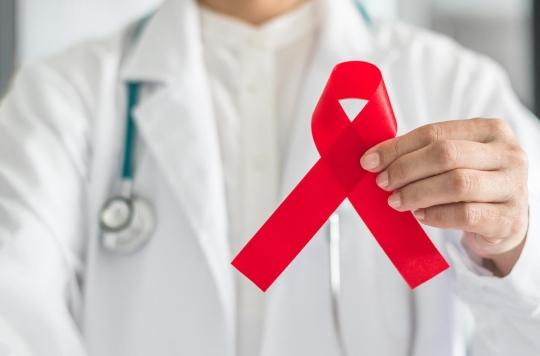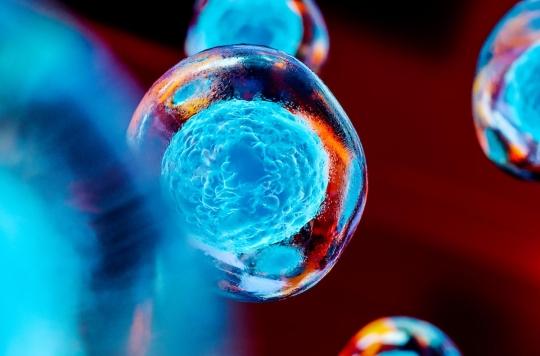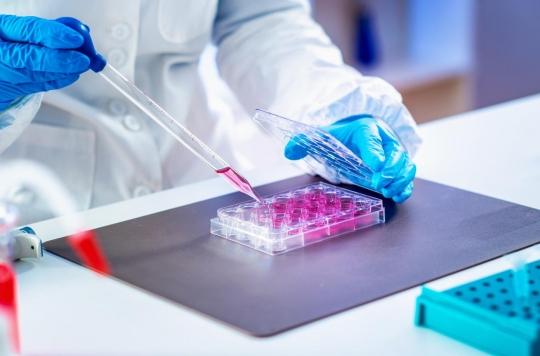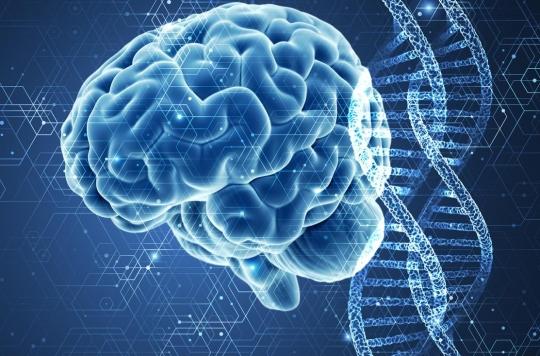Making blood from the skin or making a paralyzed person walk, it will probably be possible. The repair kit is within us: these are the stem cells.
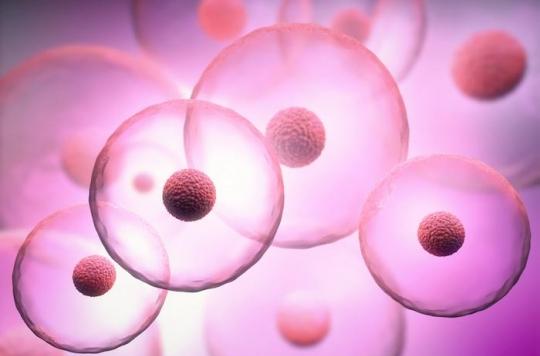
With stem cells, reality comes close to fiction. Canadians, for example, made blood – what remained a medical fantasy – from human skin, making a huge leap forward in the therapeutic potential of stem cells.
Stem cells are cells that know how to do everything and renew themselves almost indefinitely. The best known is also the simplest, the most powerful and the easiest to create. It is the result of the union of daddy’s sperm and mum’s egg. This single cell is capable of giving birth to an entire individual. By dividing in the first days of life, it creates the embryo. A considerable source of stem cells.
These stem cells have immense theoretical therapeutic possibilities. By injecting them into the heart, they can repair the heart muscle damaged by a heart attack, help treat blood cancers, produce nerve fiber from a severed marrow … So many projects, each more ambitious than the next, which were, until now, only the subject of verifications in animals.
An unresolved ethical problem
But the use of embryonic stem cells is not ethically accepted, which is why scientists have tried to find them elsewhere. And they discovered others, present in all our organs, vestiges of our embryonic period.
They play a role in development but also in repair. For only three years with the addition of genes, we have known how to give another specificity to these stem cells and make them produce, on demand, muscle, neurons or blood. What Canadians did. Using skin cells, which are easy to collect and isolate, these researchers have succeeded in making red blood cells in the laboratory. A discovery that raises great hopes: to treat certain cancers or relieve anemia caused by chemotherapy. And produce blood for a simple transfusion. The authors of the study show that a simple skin sample of 4 cm by 3 would suffice to carry it out.
Small shadow on the board: the fate of stem cells in the body. It is still poorly understood and it is not excluded that uncontrolled multiplications occur, creating tumors. The more powerful they are, like embryonic cells, the greater the risk. This is also the interest of the Canadian study which uses adult cells.
It should also calm (a little) the controversy born of real clinical trials with human embryonic stem cells. Embryo research has been authorized in France since 2013, under conditions and under the supervision of the biomedicine agency. (INSERM)
To find out more about bioethics: The bioethics law in question
A program from the VYV Fréquence Médicale channel
The guest of this program is Professor Axel Kahn, geneticist, research director at Inserm, best known to the general public for his actions of popularization of science and his positions on ethical and philosophical questions relating to medicine. and biotechnology; in particular within the framework of his work within the National Consultative Ethics Committee.
Since the beginning of the year, this committee has been organizing the States General on Bioethics, a phase prior to the revision of the bioethics law scheduled for the end of the year. In France, this law is revised at least every 7 years. It is for this reason that the debate has been raging for several months, because it concerns a large number of subjects. There are also so many of them that, in order not to make a catalog program, to fuel the reflection of each of us on a few very controversial subjects, we will limit ourselves to decoding the genome, to cloning, to euthanasia, to artificial intelligence, or even surrogacy… Without forgetting the financial stakes and by being constantly vigilant on the possible repercussions in the daily practice. And above all, take advantage of the immense knowledge and distance that Professor Axel Kahn has taken on all these socially and morally complex subjects.
Find all the broadcasts of the VYV Fréquence Médicale channel:
https://www.youtube.com/channel/UCtNyuN_HFlNYO0-gqXwhLTg/playlists
.











